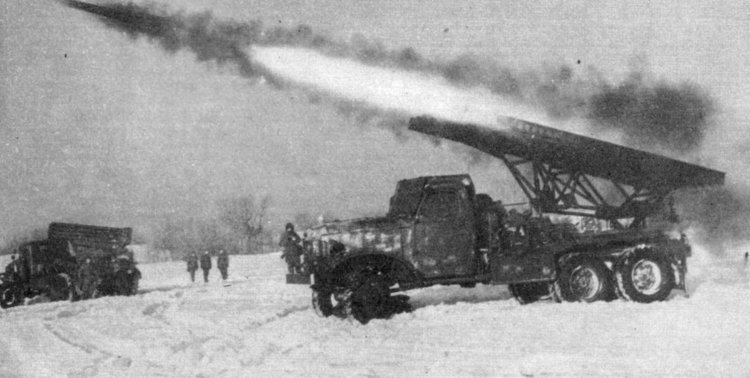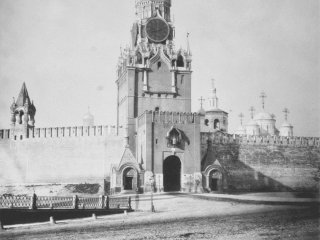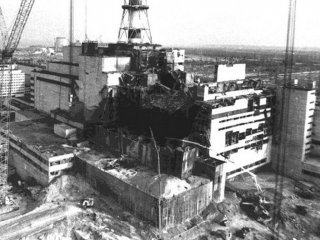
“A girl walks and starts a song. The German hears and stops breathing.” Anyone more or less familiar with the history of World War II will solve the riddle at once: the Katyusha. The decision on serial production of the BM-13 rocket launchers, which we usually call “Katyusha” – as in a bad novel – was made literally a few hours before the start of the war. On June 22, 1941, this decision began to be implemented at the Comintern Voronezh Mechanical Plant. A little more than a week later, two vehicles were already transferred to Moscow, then five more experimental samples were added to the “package,” and the first launcher under the command of Captain Ivan Flyorov went to the front on its own. They moved at night and studied at the day: assigned specialists from the Reaction-Engine Scientific Research Institute were teaching the soldiers how to handle new top-secret equipment. It was so classified that even today people get confused about the names of its creators. For two weeks, the ZiS cars, on which the first rocket launchers were mounted, arrived at Orsha, a large and junction railway station. Here, the rocket launcher made its debut: one salvo of 112 rocket missiles – 16 per launcher – plowed everything around and cleaned up the transport hub. And then they quickly disappeared – so the Nazis who fired back shot at an empty spot. The debut of Katyusha was a success from all angles. However, the BM-13 rocket launcher will be named Katyusha way later. At first it – or rather, “she” – was called “Raisa Semyonovna” or “Raechka" – from the abbreviation of an RS, as they shortly named a rocket missile (reaktivny snaryad = RS). Raisa changed its name when the weapon went into a mass production – in 1941 alone, they created five hundred and ninety-three rocket launchers, and on each one there was a large letter “K" – a sign plant named after the Comintern (Komintern). That’s how it got its current name: “Katyusha.” Another side of the front, the German troops nicknamed Katyusha “Stalin's organ” – due to a terrible howling sound that it made. Such strange coincidences – before the war, Stalin said: “Artillery is the god of war.” He kept silent about the missile, apparently for the reasons of secrecy.
























